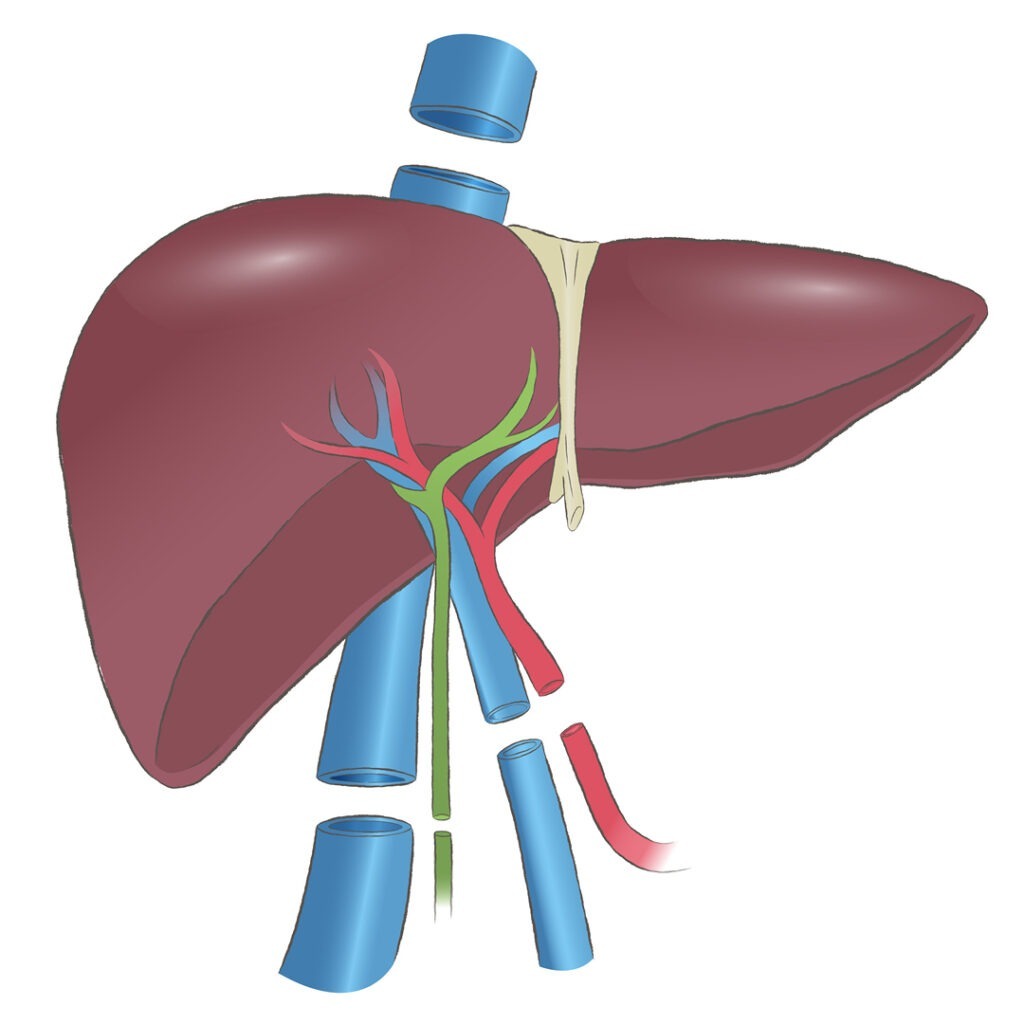Organ transplant surgery replaces failing organs (kidney, liver, heart, etc.) due to disease or failure. Procedure involves evaluation, donor organ procurement, and implantation. Post-op care includes immunosuppression and monitoring. Consult a transplant center for evaluation.

Doctor(s):
Country: Turkey
City: Istanbul
Visa: Yes
Hotel: 3 star, 4 star, 5 star, No
Transfer: Yes
Translator: No
Language: Arabic, English, German, Persian, Russian, Turkish
Hospital:
Price: From: 55,000.00$
Hospital/Clinic:
Doctor(s):
-Country: Turkey
City: Istanbul
Visa: Yes
Hotel: 3 star, 4 star, 5 star, No
Transfer: Yes
Translator: No
Language: Arabic, English, German, Persian, Russian, Turkish
Price: From: 55,000.00$
Are you or a loved one considering transplant surgery? This complex procedure, involving the replacement of a damaged organ with a healthy one, offers a lifeline for many patients. Understanding the Organ Transplantation procedure is crucial for making informed decisions.
Organ Transplantation is a surgical procedure in which a failing or damaged organ is replaced with a healthy organ from a donor. This can include organs like the kidney, liver, heart, lungs, pancreas, and intestines.
Common reasons for transplant surgery include: